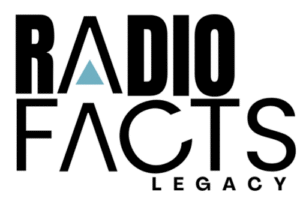A new study is recommending pet owners stop allowing their dogs to lick them. The study suggests that washing hands after petting a canine is best because their saliva may be a source of antibiotic-resistant superbugs.
A super strain of E.coli found in human and animal fecal samples from 41 homes in Portugal and 45 in Great Britain was the research focus by a joint team of researchers from the UK Royal Veterinary College and the University of Lisbon.
The superbug was discovered in close to 14% of dogs (14 out of 85), giving them the highest percentile of infected feces.
Studies showed humans were not much safer, with about 13% of human samples (15 out of 114) showing the powerful E.coli.
The most sanitary creature proved to be the cat, with only 5% (one out of 18) showing the superbug.
Anticipated as one of the most significant threats to public health of our time, the evolution of superbugs has caused harmful bacteria to withstand our most potent drugs. Several commonly known bugs have already been identified by scientists as drug-resistant strains, including salmonella, tuberculosis, streptococcus, staphylococcus, and so-called “super” gonorrhea, to name a few. According to the most recent data from the Centers for Disease Control, more than 2.8 million drug-resistant infections, 35,000 of them fatal, occur every year in the US.
“Even before COVID, antibiotic resistance was one of the biggest threats to public health,” said lead study author Dr. Juliana Menezes, whose findings are being presented at the European Congress of Clinical Microbiology & Infectious Diseases in Lisbon later this month. “It can make conditions like pneumonia, sepsis, urinary tract and wound infections untreatable.”
Menezes told the Telegraph that since it is unclear who is to blame for the spread, man or animal, pet owners are asked to be vigilant with their dogs and not engage in wet kisses or “eating from the owner’s plate.”
Because E.coli is found in the gut and, thus, in feces, Menezes noted that “good hygiene practices on the part of owners would help to reduce sharing, such as washing hands after collecting dog waste, or even after petting them.”




